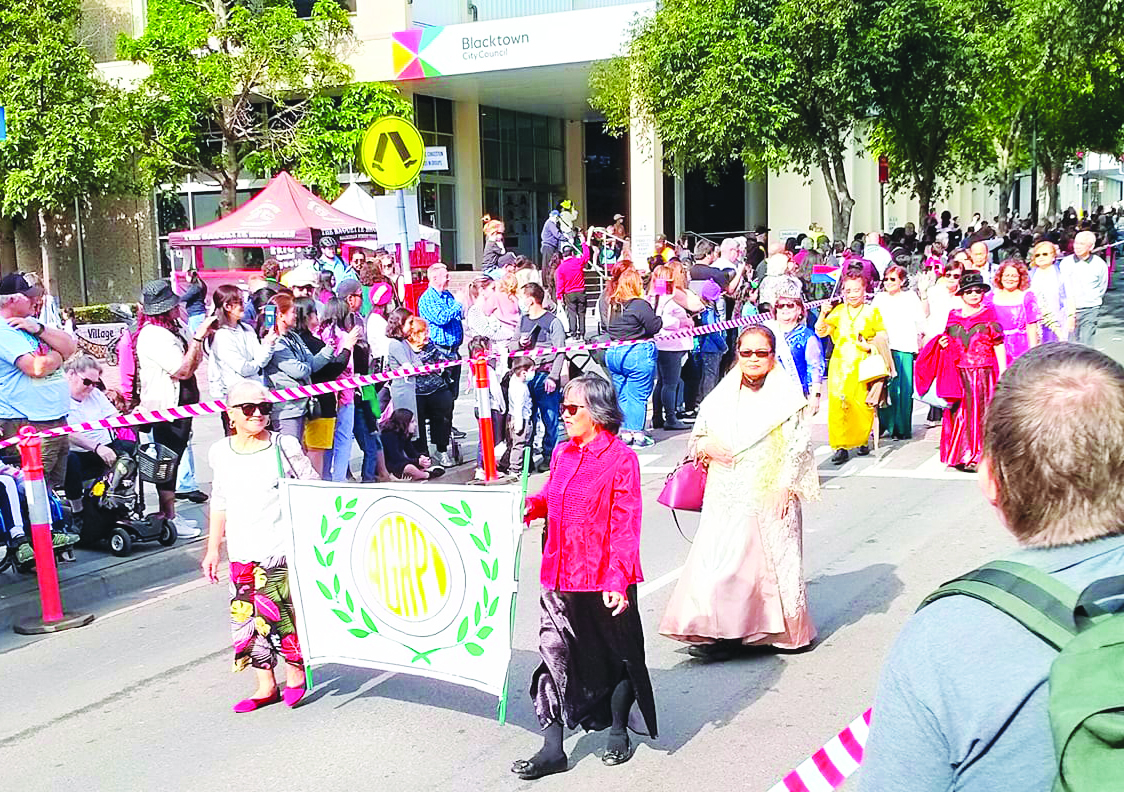Religious Services
Churches and other places of worship, will be considered places of work so that services can be live streamed to the community. This will ensure that religious services, including Easter services, remain accessible to congregations. National Cabinet agreed that providing access to services is important for a sense of continuity and social connection.
Services may be conducted and live streamed providing only essential staff are present, the venue/facility remains closed to the public, and social distancing principles are adhered to.
Any church wishing to conduct religious services, including Easter services, must use the minimum number of participants required to deliver and live stream the service, which may include a priest, attendants, organist, videographer and sound recordist.
Easter Holidays
Social distancing is slowing the spread of the virus in Australia. These measures are saving lives and livelihoods. National Cabinet reminded Australians that social distancing must continue at Easter and agreed that Australians should stay at home this Easter and not undertake unnecessary holiday travel.
Commercial Tenancies
National Cabinet made further progress on the issue of commercial tenancies. They have agreed that a mandatory code of conduct guided by certain principles will be developed and subsequently legislated by State and Territory Governments to apply for tenancies where the tenant is eligible for the Commonwealth Government’s JobKeeper assistance and is a small- or medium-sized enterprise (less than $50 million turnover).
The principles that guide the code will be:
(a) Where it can, rent should continue to be paid, and where there is financial distress as a result of COVID-19 (for example, the tenant is eligible for assistance through the JobKeeper program), tenants and landlords should negotiate a mutually agreed outcome
(b) There will be a proportionality to rent reductions based on the decline in turnover to ensure that the burden is shared between landlords and tenants
(c) There will be a prohibition on termination of leases for non-payment of rent (lockouts and eviction)
(d) There will be a freeze on rent increases (except for turnover leases)
(e) There will be a prohibition on penalties for tenants who stop trading or reduce opening hours
(f) There will be a prohibition on landlords passing land tax to tenants (if not already legislated)
(g) There will be a prohibition on landlords charging interest on unpaid rent
(h) There will be a prohibition on landlords from making a claim to a bank guarantee or security deposit for non-payment of rent
(i) Ensure that any legislative barriers or administrative hurdles to lease extensions are removed (so that a tenant and landlord could agree a rent waiver in return for a lease extension)
For landlords and tenants that sign up to the code of conduct, States and Territories have agreed to look at providing the equivalent of at least a three month land tax waiver and three month land tax deferral on application for eligible landowners, with jurisdictions to continue to monitor the situation. Landlords must pass on the benefits of such moves to the tenants. In cases where parties have signed to the code of conduct, the ability for tenants to terminate leases as mentioned in the National Cabinet Statement on 29 March 2020 will not apply. Mediation will be provided as needed through existing State and Territory mechanisms.
The proposed code of conduct will be discussed at the next meeting of the National Cabinet on Tuesday 7 April.
Childcare and Education
National Cabinet welcomed the Australian Government’s Early Childhood Education and Care (ECEC) relief package, recognising that the sector is key to supporting essential workers and vulnerable children, while also underpinning economic recovery by allowing parents to work, study and volunteer. The relief package will provide families with free child care, while also offering certainty to ECEC services at a time where enrolments and attendance are highly unpredictable.
National Cabinet also supported the agreements made by Education Ministers on 2 April 2020 to reduce the regulatory burden on early childhood education and care. Amongst other things, it was agreed that ECEC services will remain open for all families who require care and any future decision regarding ECEC services will be consistent with advice of AHPPC (noting families who require care include all essential workers and vulnerable cohorts).
The current AHPPC advice is that ECEC centres are essential services and should continue at this time, but with risk mitigation measures in place. National Cabinet agreed with AHPPC advice that alternative care arrangements should be considered for those children who are highly vulnerable to adverse outcomes if infected with COVID-19 and that parents seek medical advice for these children.
The previous advice on schools has not changed. Education Ministers will work with medical experts to determine how the school year can be conducted.
Local Governments
National Cabinet agreed that states and territories were best placed to address issues related to the impacts of COVID19 and local governments.










Leave a Reply